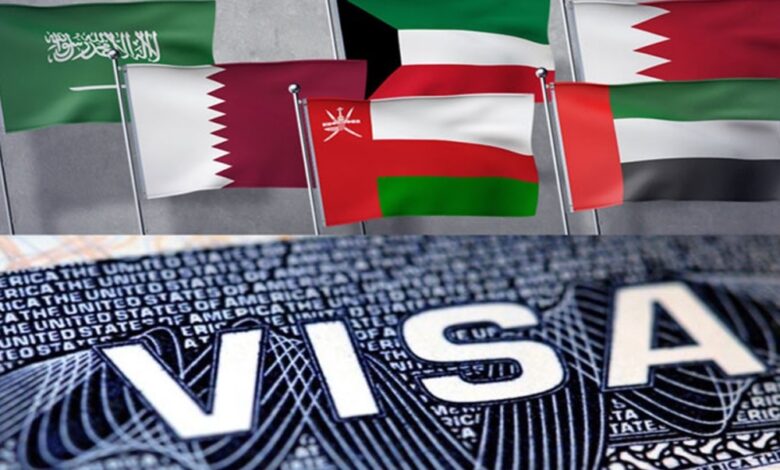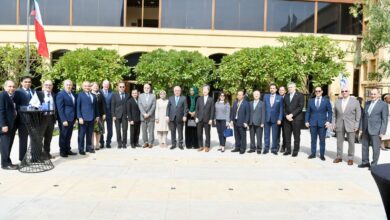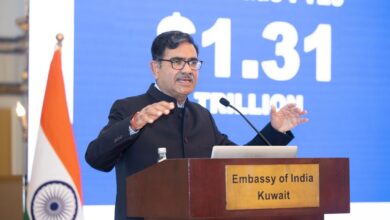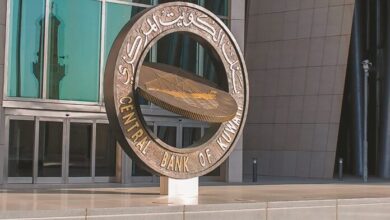
The Gulf Cooperation Council (GCC) is nearing the rollout of a unified tourist visa, a major step toward regional integration that is expected to grant tourists seamless travel across the six Gulf nations with a single application.
Approved during the GCC’s 44th summit in Doha in December 2023, the visa is expected to be valid for one to three months.
Foreign Minister Abdullah Al-Yahya, who also chairs the current session of the GCC Ministerial Council, said the project is in its final stages. “We hope to implement the unified visa either this year or next,” Al-Yahya told Al-Jarida, noting that while most GCC states have approved the draft, some reservations remain.
He explained that efforts are underway to address these concerns and reach a consensus on a unified mechanism through the respective immigration departments in all member states.
Meanwhile, during the 39th meeting of the GCC Directors-General of passport departments, held in Riyadh on July 2, GCC Secretary-General Jassim Al-Budaiwi announced that the six countries’ interior ministries are working diligently to finalize the logistical and security arrangements necessary for the visa’s launch.
According to the GCC General Secretariat sources, the unified tourist visa was the central topic of the meeting. Key points of concern included national privacy issues, bans on certain nationalities, and the need for a shared database to screen individuals who may have been deported or flagged by any member state.
One proposed solution is the creation of a unified electronic portal to process visa applications, allowing for pre-screening and verification by all six countries before the visa is issued.
While initial agreements are in place and work is ongoing to define the visa’s regulatory framework, the rollout is unlikely to occur in the remaining months of 2025. If final consensus is achieved, the unified visa is expected to be approved and implemented in 2026.
According to a report by Travel and Tower World, the unified visa could help the GCC region attract up to 129 million visitors by 2030, significantly boosting tourism and economic integration among Gulf states.












